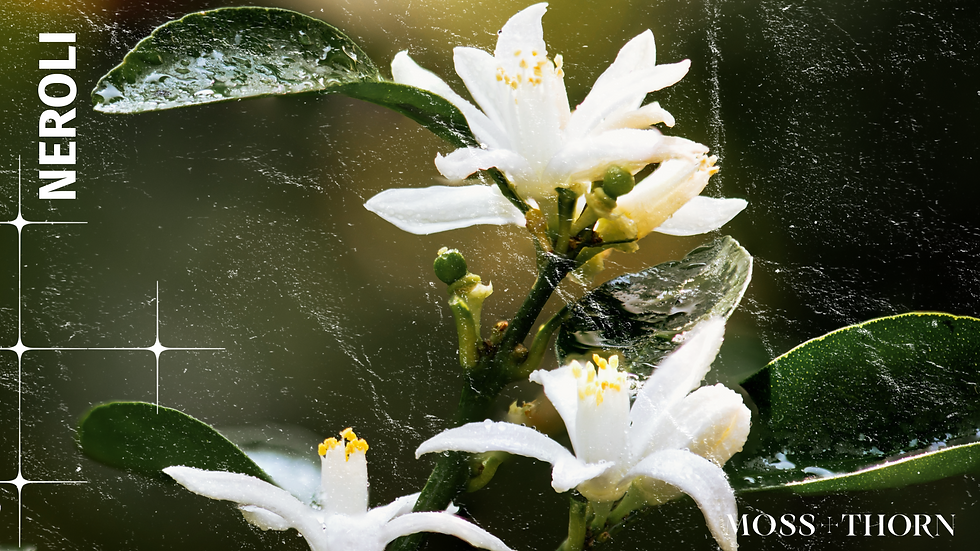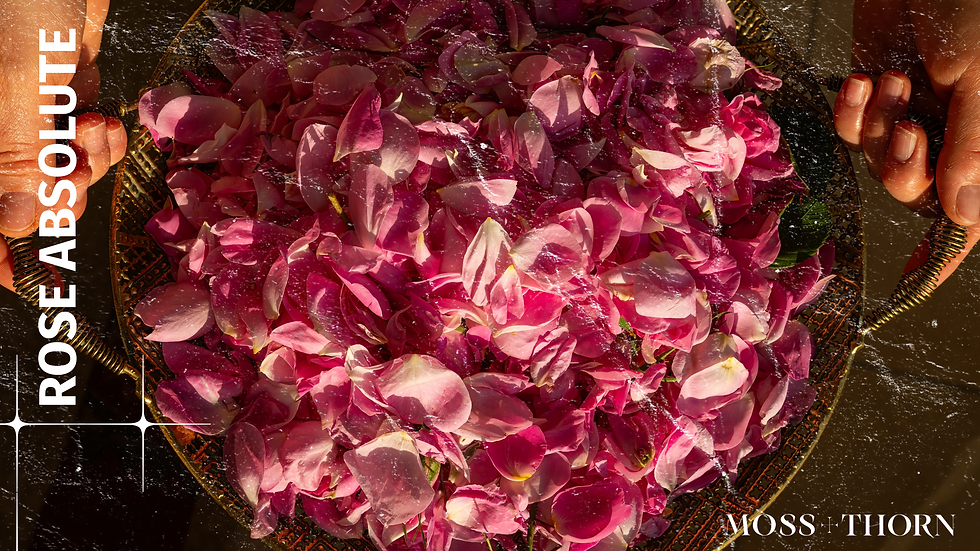Vetiver
- Sarina Ehrgott
- Jul 7, 2025
- 1 min read
Harvested from the deep-rooted grass Vetiveria zizanioides, vetiver oil is distilled from its thick, fibrous roots—9 feet in earth, roots soaked and steam-distilled over many hours. Originating in India and now grown across tropical climates, vetiver brings soil-deep essence into every drop.


Cultural Lineage + Ancestral Use
Vetiver has guarded earthen places for centuries. In India, its roots are woven into fragrant mats, fans, and ceremony. Thai and Haitian farmers plant it to halt erosion, while ancient Chinese practitioners used it to stabilize emotion and ground yin energy. It earned its name in Tamil—vetiver, “un-dug root”—a tribute to depth, stability, and quiet regeneration.
Medicinal Properties
Vetiver oil is prized for its grounding and restorative qualities. It is often used to soothe stress, anxiety, and insomnia through aromatherapy. Topically, it acts as an antiseptic, heals scars, and anti-inflammatory—helping calm acne, scars, stretch marks, arthritis, and even burns when diluted properly. Studies also suggest a role in enhancing focus and easing ADHD-related restlessness.
Aroma Properties
Vetiver unfolds as deep and earthy—smoky, woody, and lush with damp soil tones. It’s a bold base note that softens overly sweet or floral blends, adding complexity and stamina. In perfumery it features in ~90% of Western scents, valued for its fixative and tranquil properties.


